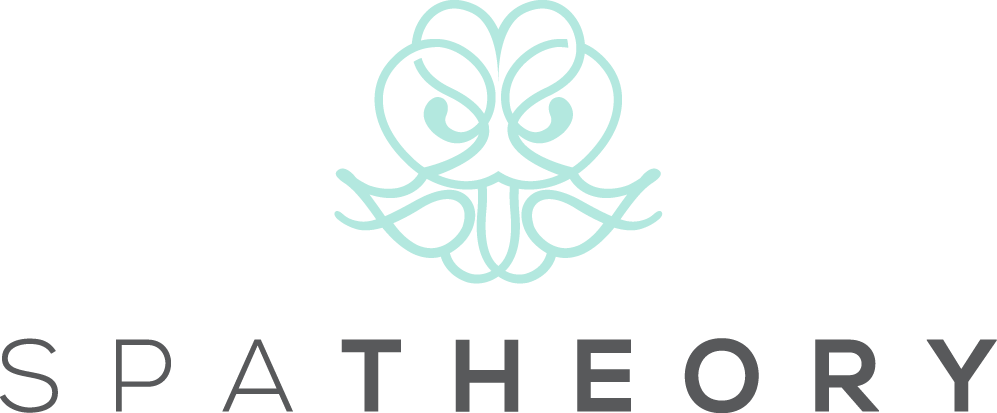How Massage Can Help with Insomnia
A good night's sleep is essential when it comes to maintaining a healthy body and mind, and studies have shown that poor sleeping habits can impact everything from your mental health to your cognitive capacities. Insomnia, a common sleep disorder, makes it difficult to get regular, good-quality sleep, and this lack of rest can end up compromising your well-being and overall quality of life over time.
If bouts of insomnia are becoming a growing concern in your life, it's crucial to explore various approaches to alleviate the condition and minimize its impact on your wellbeing and health. While traditional medications and treatments should always be discussed with your doctor, one supplementary method is gaining popularity: massage therapy. In the following blog post, we’re going to take a look at the science behind massage therapy, its benefits for insomnia sufferers, and how to incorporate it into your sleep routine for optimal results. Let’s get started.
What is insomnia?
Insomnia is a common sleep disorder which can be characterized either by persistent difficulty in falling asleep or difficulty staying asleep, or sometimes both. Those who suffer from insomnia often experience inadequate or poor-quality sleep, leading to daytime consequences such as fatigue, irritability, impaired concentration, and a general decline in overall well-being.
Insomnia can be classified into two primary types: acute and chronic. Acute insomnia is short-lived and typically triggered by temporary factors, such as stress or a significant life event, whereas chronic insomnia lasts for a more extended period, often occurring at least three nights per week for three months or longer.
The science of massage therapy
So, what can massage therapy do for insomnia? First of all, let’s take a look at what massage therapy is: massage therapy is an age-old practice involving the manipulation of muscles and soft tissues, where the primary aim is to promote relaxation and alleviate pain. Massage therapists achieve this by applying pressure and movement to the body, targeting tense muscles and releasing tension.
The therapeutic benefits of massage are due to the release of endorphins, the body's natural painkillers, and the reduction of stress hormones like cortisol. Moreover, massage can increase the levels of serotonin and melatonin, neurotransmitters that regulate sleep cycles and mood. As a result, massage therapy can significantly improve sleep quality and duration, providing relief for those suffering from insomnia.
Benefits of massage therapy for insomnia
Reduced stress and anxiety
Insomnia is often linked to stress and anxiety, whether it be due to long-term problems (such as work stress) or a one-off event. Massage therapy can help lower cortisol levels and stimulate the production of endorphins, creating a sense of calm and well-being. This relaxation response is vital for inducing sleep and combating insomnia.
Improved sleep quality
By increasing serotonin and melatonin production, massage therapy can improve the overall quality of sleep, meaning that you stay asleep for longer. These neurotransmitters aid in regulating sleep cycles, ensuring a more restful and rejuvenating slumber. Plus, with Spa Theory, you don’t need to haul yourself to a clinic; we can send a mobile massage therapist in Atlanta directly to you, so you can head straight from the massage table to your bed.
Reducing pain and discomfort
Chronic pain, muscle tension, and discomfort can contribute to insomnia. Massage therapy can help alleviate these issues, providing relief and promoting sleep. Regular massage sessions can lead to long-term improvements in pain management, further enhancing sleep quality.
Boosted immune system
Not only can massage therapy help those with insomnia get some well-deserved shut-eye, but it can also help sufferers better manage their symptoms. For example, a chronic lack of sleep can weaken the immune system, making those with insomnia more susceptible to illnesses than those with healthy sleeping habits. Massage therapy has been shown to increase the activity of natural killer cells, which are vital for immune system function, thereby reducing the likelihood of illness or poor health.
Incorporating Massage Therapy into Your Sleep Routine
Regular sessions
Consistency is key when using massage therapy to combat insomnia. Aim for regular sessions, whether it's once a week, bi-weekly, or monthly, depending on your needs and budget. Regular massage therapy can help maintain the benefits and promote long-term improvements in sleep quality.
Explore different techniques
There are a range of different massage techniques available, each with its own unique set of benefits for both your mental and physical wellbeing. Swedish massage, deep tissue massage, and trigger point therapy are some popular options, but always consult with a professional massage therapist if you need help determining the best technique for your specific needs.
Learn self-massage techniques
While professional massage therapy is highly beneficial for managing insomnia and its symptoms, incorporating self-massage techniques into your daily routine can provide additional support. Simple techniques, such as massaging your temples, understanding pressure points for headaches, or using a foam roller, can help release tension and encourage relaxation.
Create a relaxing environment
The environment in which you receive massage therapy can impact its effectiveness, so you’ll want to ensure that the space is comfortable, quiet, and free from distractions. Soft lighting, soothing music, or the use of essential oils can also enhance the experience and promote relaxation.
Establish a pre-bedtime routine
Incorporating massage therapy into your pre-bedtime routine can help signal to your body that it's time to wind down. Aim to have your massage session 1-2 hours before your desired bedtime for optimal results.

